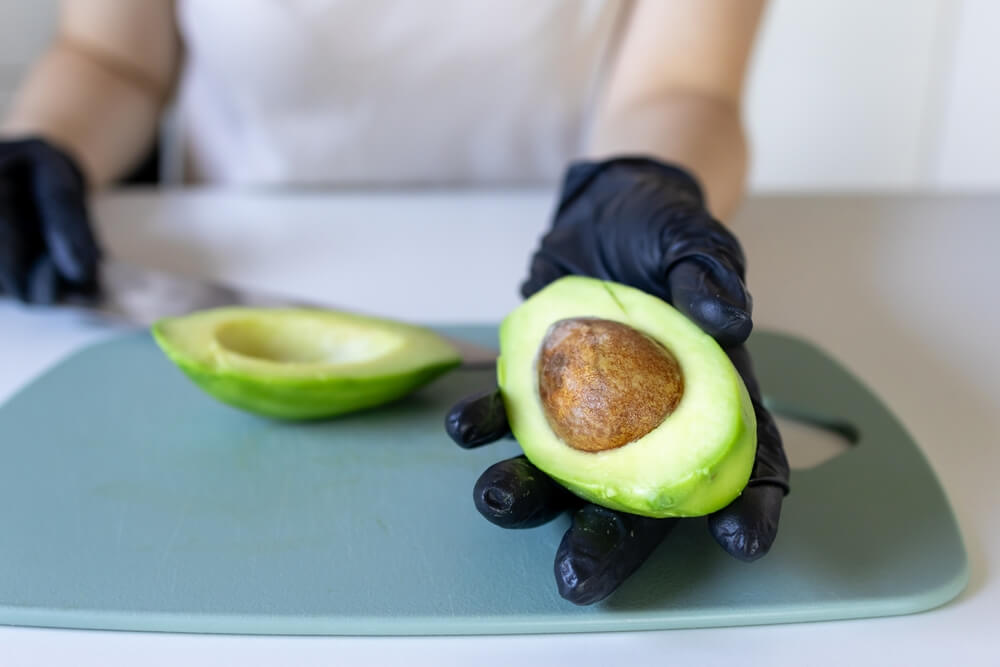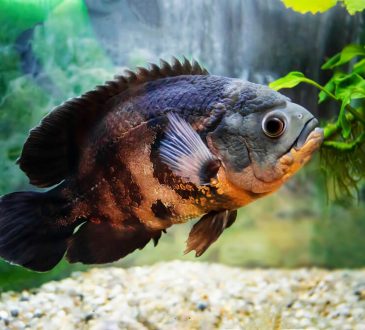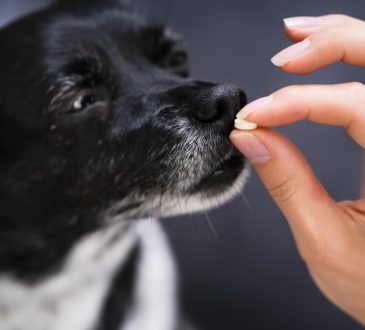
Avocados are popular in many diets, but can dogs eat them safely? This text examines their nutrition and the dangers of persin, a toxin affecting dogs differently than humans. It explores avocado safety for dogs and suggests alternative dog-friendly fruits and vegetables, clarifying if avocados should be part of your dog’s diet.
The Popularity of Avocado in Human Diets
Avocado has surged in popularity as a staple in human diets, often celebrated for its numerous health benefits. Known as a superfood for humans, avocados are rich in healthy fats, vitamins, and minerals that contribute to overall well-being. From guacamole at parties to avocado toast for breakfast, this versatile fruit has found its way into various meals and snacks.
However, when it comes to our canine companions, the question arises: can dogs eat avocado? While avocados offer significant health benefits to humans, they contain persin that can be harmful to dogs in large quantities. Although small amounts of avocado flesh might not pose a severe risk and some dog-friendly foods do incorporate minimal avocado content safely, it’s generally advisable to err on the side of caution. Always consult with a veterinarian before introducing any new food into your pet’s diet.
Understanding the distinction between what is beneficial for humans and what is safe for dogs is crucial. While avocados may be an excellent addition to human diets due to their nutrient-rich profile, it’s essential to ensure that our furry friends’ diets remain safe and healthy by sticking primarily to dog-friendly foods.
The Nutritional Profile of Avocado

Avocado is often hailed as a superfood, and for good reason. Its rich nutritional profile makes it a standout among fruits. One of the most notable aspects of avocado is its content of healthy fats. Unlike many fruits that are high in carbohydrates, avocados are packed with monounsaturated fats, which are heart-healthy and can help reduce bad cholesterol levels.
In addition to healthy fats in avocado, this fruit is also a powerhouse of essential vitamins and minerals. Avocados are an excellent source of Vitamin K, which plays a crucial role in blood clotting and bone health. They also provide significant amounts of Vitamin E, an antioxidant that helps protect your cells from damage, and Vitamin C, which supports immune function and skin health.
The nutritional benefits of avocado don’t stop there. This versatile fruit contains important minerals such as potassium, which helps regulate blood pressure and maintain fluid balance in the body. Furthermore, avocados offer folate (Vitamin B9), essential for cellular function and tissue growth.
With this impressive array of nutrients, incorporating avocados into your diet can contribute to overall well-being. Whether you enjoy them sliced on toast or blended into smoothies, the nutritional profile of avocado makes it a valuable addition to any healthy eating plan.
The Toxic Component Persin and Its Effect on Dogs
Persin is a fungicidal toxin found in avocados, and while it is relatively harmless to humans, it poses a significant risk to dogs. Persin toxicity can cause serious health issues in canines, ranging from mild gastrointestinal upset to more severe conditions such as respiratory distress and heart failure. Understanding the dangers of persin is crucial for pet owners who want to keep their furry friends safe.
One common question among dog owners is, “Is persin harmful to dogs?” The answer is a resounding yes. Even small amounts of avocado can lead to vomiting and diarrhea in dogs. In more severe cases, ingestion of larger quantities can result in fluid accumulation around the heart (myocardial damage), which can be life-threatening if not treated promptly.
When considering toxic foods for dogs, avocados often top the list due to their persin content. Other harmful substances in human food include chocolate (theobromine), grapes and raisins (unknown toxin causing kidney failure), and onions (thiosulfate). It’s essential for pet owners to be aware of these toxic foods and take preventive measures by keeping such items out of reach.
In summary, while avocados might be a nutritious snack for humans, they are far from safe for our canine companions due to the presence of persin. Being informed about persin toxicity and other harmful substances in human food will help ensure that your dog remains healthy and happy.
The Debate (Is Any Part of the Avocado Safe for Dogs?)
When it comes to feeding avocados to dogs, pet owners often find themselves at a crossroads, uncertain about what is safe and what isn’t. The primary concern revolves around whether any part of the avocado is safe for dogs. Let’s delve into the specifics.
First and foremost, it’s crucial to understand that while avocado flesh can be safe for dogs in moderation, other parts of the avocado pose significant risks. The flesh contains healthy fats and nutrients that can be beneficial for your pet; however, it should only be offered in small amounts to avoid gastrointestinal upset.
On the other hand, when considering whether dogs can eat avocado pits or skins, the answer is a resounding no. Both the pit and skin contain persin, a fungicidal toxin that can cause vomiting and diarrhea in dogs. Additionally, the pit poses a choking hazard or could lead to intestinal blockage if ingested.
In summary, while small portions of avocado flesh may be safe for dogs under careful supervision, it’s best to steer clear of giving them any part of the pit or skin. Always consult with your veterinarian before introducing new foods into your pet’s diet to ensure their health and safety.
Potential Health Benefits and Risks of Feeding Avocados to Dogs
Avocados are often praised for their nutritional benefits in human diets, but when it comes to our canine companions, the picture is more complex. Understanding both the health benefits of avocados for dogs and the risks associated with feeding avocados to pets is crucial for responsible pet ownership.
On one hand, avocados contain vitamins A, B6, C, and E, as well as fiber and healthy fats that can contribute positively to a dog’s diet. These nutrients support skin health, coat condition, and overall vitality. However, it’s important to note that these benefits are primarily found in the avocado’s flesh.
Conversely, there are significant risks associated with feeding avocados to pets. The skin and pit of an avocado contain persin, which can cause vomiting and diarrhea in dogs if ingested in large quantities. Additionally, the pit poses a choking hazard or could lead to intestinal blockage if swallowed.
Potential health issues from avocados also include pancreatitis due to their high-fat content. Dogs with sensitive stomachs or pre-existing conditions should avoid this fruit altogether.
While small amounts of avocado flesh might offer some nutritional advantages for dogs, pet owners must be cautious about the parts they feed and remain aware of potential health risks. Always consult your veterinarian before introducing new foods into your pet’s diet.
Alternatives to Avocados (Other Dog-Friendly Fruits & Vegetables)
When it comes to providing your furry friend with healthy snacks, avocados might not always be the best choice due to their potential toxicity for dogs. Fortunately, there are plenty of other dog-friendly fruits and vegetables that can serve as excellent alternatives. Understanding the safest fruits for dogs and vegetables that are good for dogs’ health is essential for any pet owner looking to diversify their dog’s diet.
One of the safest fruits for dogs is apples. They are low in fat and high in vitamins A and C, making them a nutritious treat. Just be sure to remove the seeds and core before feeding them to your pup. Blueberries are another excellent option; they are packed with antioxidants, fiber, and vitamins, which can contribute positively to your dog’s overall health.
Carrots stand out among vegetables that are good for dogs’ health. They are rich in beta-carotene and fiber while being low in calories, making them an ideal snack for weight management. Sweet potatoes also make a fantastic alternative snack due to their high content of dietary fiber, vitamins B6 and C, as well as manganese.
Green beans can be an excellent addition to your dog’s diet as well. They offer a wealth of vitamins such as A, C, K along with iron and magnesium while being low in calories, a perfect combination for maintaining a healthy weight.
Incorporating these alternative snacks into your pet’s diet not only provides nutritional benefits but also keeps mealtime exciting for them. Always remember to introduce new foods gradually and consult with your veterinarian if you have any concerns about specific fruits or vegetables suitable for your dog’s health needs.




